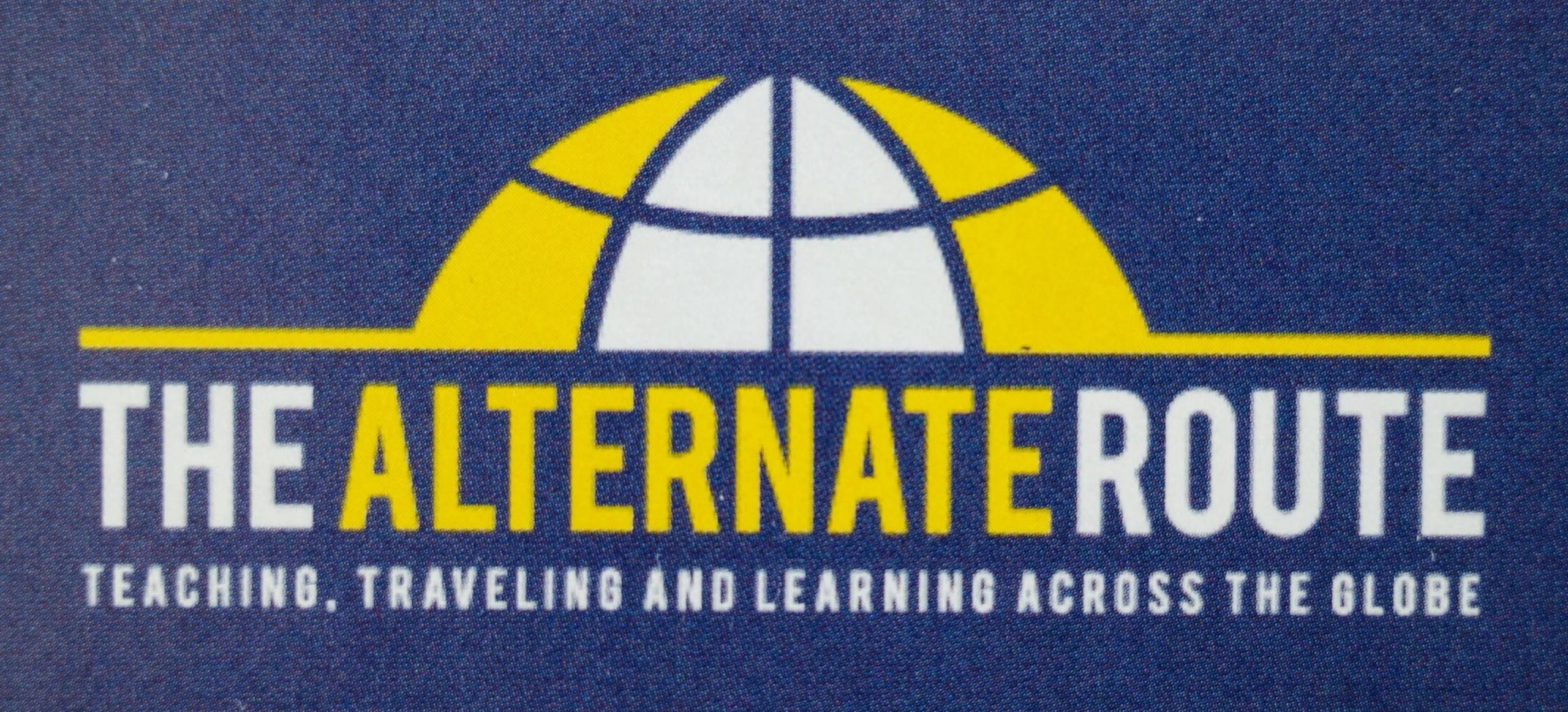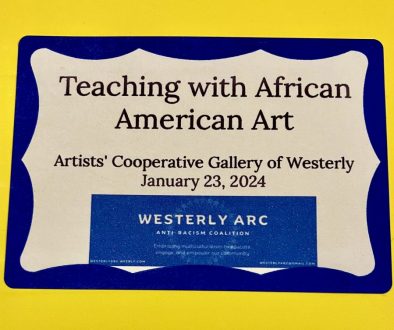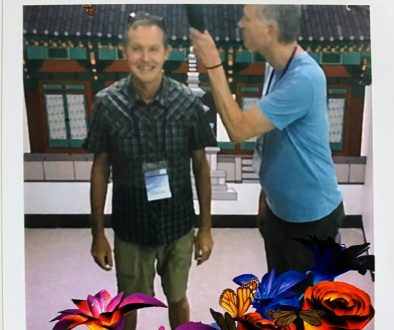What is the most challenging issue in education today?
I can think of several, but I’m going with what first popped into my mind: providing an equal education for all students, regardless of race, ethnicity, gender, gender identity, sexual orientation, socioeconomic status, religion, etc.
Sixty years after Brown v. Board of Education, our country is still struggling to provide an equal education to all students. A student’s address often determines the quality of education he will receive. Connecticut, where I teach, is one of the wealthiest states in the country. It also has one of the highest rates of income inequality, meaning the gap between rich and poor is wide. Connecticut is among the states that still has a large number of segregated schools. It is clear that segregation and unequal education still exists in our country. Just think of Michael Brown’s school. His high school in Ferguson, Missouri shared two graduation gowns for the entire graduating class. Class pictures were taken by passing the gown from one student to the next.
I do not blame education for all of society’s problems. I know that schools can only do so much to address income inequality and segregation. However, I do not think we are doing enough. I will be the first to admit that I can become complacent about this issue. I feel powerless to change the system and just do the best I can with my students. It’s not enough. I can do more.
I have learned to speak up when teachers make judgments about a student because of what neighborhood they live in, or when expectations are lowered because a child is from a single-parent family. I have learned to teach colleagues about the needs of students struggling with sexual or gender identity. My students and I have frank discussions about stereotypes, race and religion. I ask them why our school is mostly White, and find that most of the students have never even considered why that might be so.
These are small steps. They will not fix the system. They do not even directly address the problem above. Talking about the issue of inequality, however, is better than pretending it does not exist. It may even lead to bigger change from our future leaders.



